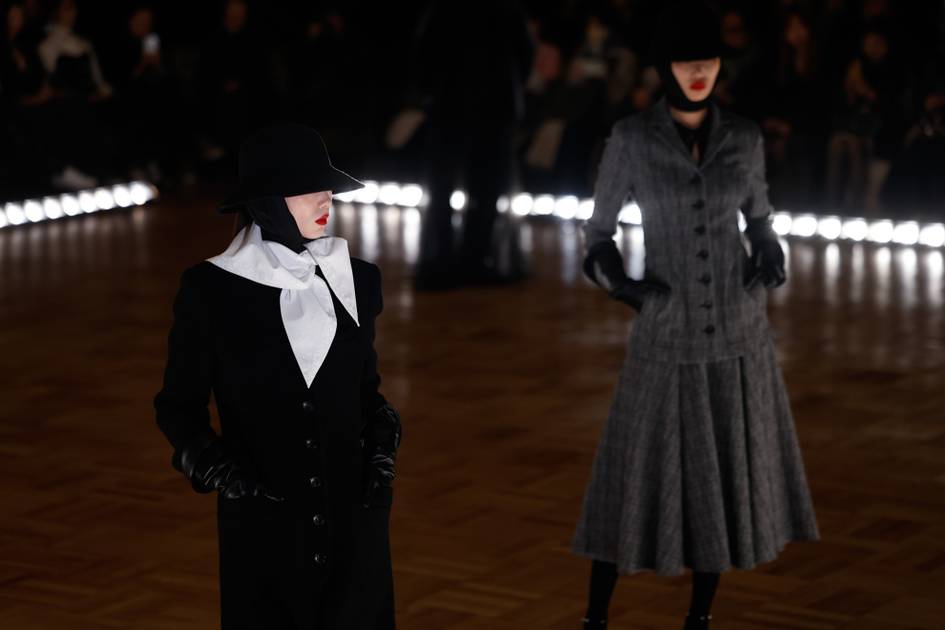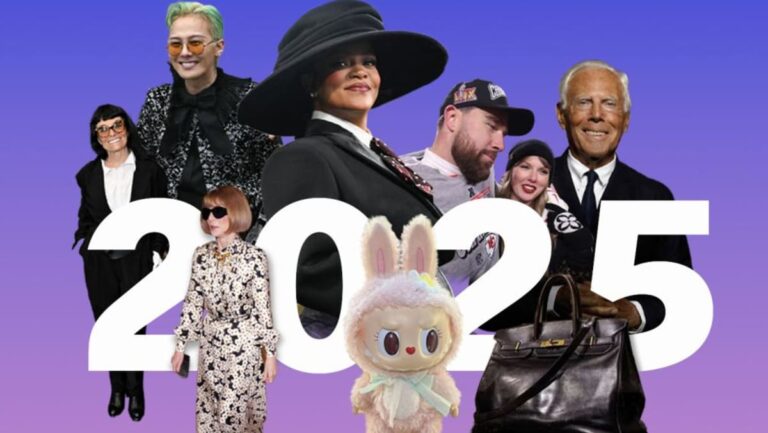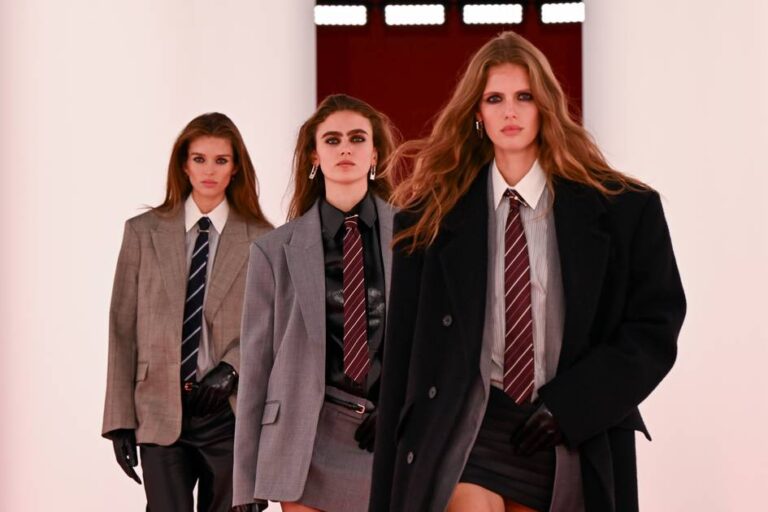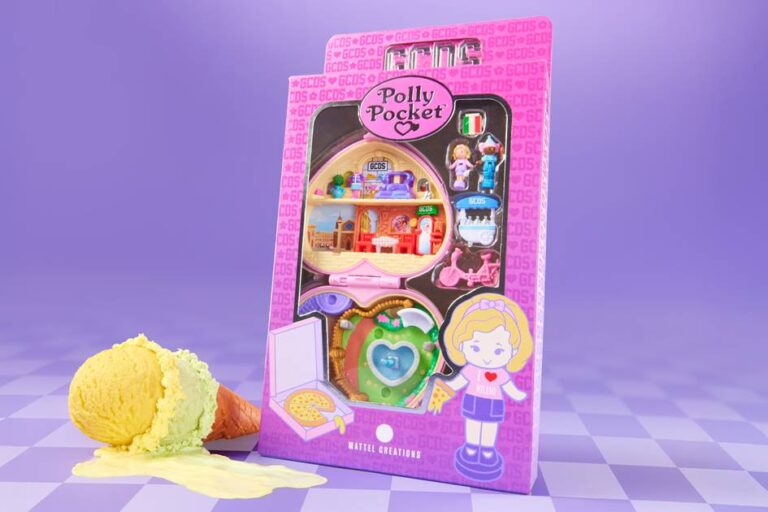Japan Fashion Week Marks 20 Years with Visionary Rakuten FWT

The Japan Fashion Week Organisation (JFWO) is marking a significant milestone with its 20th anniversary during the spring/summer 2026 season. This year’s Rakuten Fashion Week Tokyo (FWT) promises an innovative, forward-thinking experience.
This season, the event embraces two central themes: the visual motif ‘The Future Doesn’t Appear Out of Nowhere’ and the guiding principle ‘Be the seam that connects the world.’ These reflections honor JFWO’s rich 20-year history while also embracing future possibilities, as highlighted in a recent press announcement.
From September 1 to 6, FWT will feature 23 brands across 20 designer showcases and three partnership shows, with Tokyo’s Shibuya Hikarie as the main venue. The lineup includes five newcomers and five international brands.
A key attraction this season is the ‘By R’ initiative, supported by principal sponsor Rakuten. This event focuses on promoting both international talents and successful local designers.
This year, the standout brand is Fetico, helmed by designer Emi Funayama, which is making its mark by hosting its seventh show at FWT just five years since its inception. Fetico joins a prestigious list of past ‘By R’ participants that includes renowned names like Bape, Paul Smith, and Marimekko.
Additionally, emerging talents Mukcyen and Jun.y will showcase their designs as part of JFWO’s brand support initiative, the JFW Next Brand Award. Mukcyen received the Grand Prix, enabling designer Yuka Kimura to present the brand’s first runway show, while Jun.y earned the Special Award.
Shift Back to In-Person Presentations with Clearer Categories
In response to the evolving fashion landscape, JFWO is re-emphasizing physical presentations, moving away from digital formats entirely. This transition includes introducing clearly defined categories for each show type, reinforcing its role as a key player in the fashion industry.
Going forward, solo runways by individual brands will be categorized as ‘Official Designer Shows,’ underscoring their importance. ‘Partnership Shows’ will refer to presentations by national organizations or associated events, while student and school-related showcases will be labeled ‘Incubation Shows,’ part of the overall affiliate program.
JFWO originally debuted in 2005 as the Fashion Strategy Forum, aimed at crafting a platform that highlights the legacy of designers through time. Over the years, it has developed numerous support programs, partnerships, and initiatives to bolster its status on the global fashion calendar.
Significant achievements include securing Rakuten as the main sponsor, collaborations with european trade shows such as Pitti Uomo and Tranoi, and the introduction of supportive initiatives like the Tokyo Fashion Award, which nurtures emerging talents.
Looking to the future, JFWO plans to persist in its commitment to advancing Japan’s textile industry and fashion scene—a core component of its mission. “As we celebrate 20 years this fall, we step into a new chapter filled with renewed enthusiasm and determination,” the organization expressed.
What are your thoughts on the changing dynamics of fashion weeks?





